Understanding Swimming Pool Installation
What is Swimming Pool Installation?
Swimming pool installation refers to the comprehensive process of designing, planning, and constructing swimming pools, transforming an ordinary space into a personal oasis. This process encompasses various methods depending on the pool types, such as above-ground, semi-inground, and in-ground pools. The installation spans multiple phases, including site evaluation, design, obtaining necessary permits, and actual construction. Therefore, understanding the intricacies involved is key for homeowners looking to enhance their outdoor spaces effectively.
Different Types of Pools
There are three primary types of swimming pools, each offering distinct benefits and challenges regarding installation:
- In-Ground Pools: These pools are permanently installed into the ground and are available in various materials such as concrete, fiberglass, and vinyl. In-ground pools generally provide the most customization and durability, making them a popular choice for homeowners.
- Above-Ground Pools: These pools are typically more affordable and easier to install. They can be assembled within a few days but offer less customization compared to their in-ground counterparts. Above-ground pools are ideal for those looking for a temporary or less permanent solution.
- Semi-Inground Pools: A combination of above-ground and in-ground pools, semi-inground pools are partially installed in the ground. This type provides a unique aesthetic appeal and can be easier to install than fully in-ground pools.
Key Considerations Before Installation
Before making a significant investment in a swimming pool, several considerations are essential:
- Space and Location: Evaluating the available space and considering the location concerning sun exposure, privacy, and accessibility is crucial.
- Local Regulations: Understanding local building codes and zoning regulations is vital, as these can impact pool design and construction.
- Budget: Establishing a realistic budget that includes installation, maintenance, and additional features is necessary to avoid overspending.
- Desired Features: Considering additional features like decking, landscaping, lighting, and water features can enhance the pool experience and influence the overall cost.
The Swimming Pool Installation Process
Planning and Design Steps
The planning and design phase is critical for a successful swimming pool installation. This stage involves:
- Site Survey: Conduct a thorough assessment of the property to determine the most suitable location for the pool.
- Design Consultation: Work with a pool designer or contractor to develop custom designs that suit the homeowner’s preferences and property layout.
- Feature Selection: Choose features such as lighting, landscaping, and heating systems that align with the overall design.
- Creating a Construction Timeline: Establish a timeline that outlines when different phases of the project will occur.
Permits and Regulations
Before construction can commence, obtaining the necessary permits is essential. Homeowners must familiarize themselves with local regulations surrounding pool installs. This may include:
- Building permits for structural changes
- Electrical permits for lighting and heating systems
- Compliance with safety regulations such as fencing and barriers to prevent unauthorized access
Failure to secure required permits can result in fines or mandatory removal of the pool, underscoring the importance of this step.
Materials Used in Installation
The choice of materials significantly impacts the durability, aesthetics, and cost of the pool:
- Concrete: Highly customizable and durable, though it requires significant time and labor for installation.
- Fiberglass: Quick to install and low maintenance, though options can be limited in shape and size.
- Vinyl Liners: Generally the most economical choice, installed over a frame, but liners must be replaced periodically.
Cost Factors in Swimming Pool Installation
Estimating Your Project Budget
Estimating a budget for swimming pool installation can be complex due to the myriad of influencing factors. Typical costs include:
- Labor costs, which can vary considerably based on the complexity of the installation
- Materials, with prices for concrete, fiberglass, and vinyl differing significantly
- Additional features such as lighting, heating, and landscaping which can add substantial costs on top of the base installation
Costs Associated with Different Pool Types
Understanding the costs associated with different types of pools aids in determining the best option for your budget:
- Inground Pools: Installation costs range from $35,000 to $120,000, depending on materials and features.
- Above-Ground Pools: Installation can start as low as $2,500 to upwards of $10,000 for larger models.
- Semi-Inground Pools: Typically cost between $10,000 and $25,000, offering a middle-ground option for budget-conscious homeowners.
Financial Tips for Pool Installation
To manage costs effectively, consider these financial tips:
- Research financing options, which may include personal loans or specialized pool loans.
- Plan for long-term maintenance costs in your budget to avoid surprises.
- Obtain multiple quotes from different contractors to ensure competitive pricing.
Choosing the Right Pool Contractor
What to Look for in a Contractor
Selecting a reliable contractor is crucial for achieving a successful swimming pool installation. Consider the following:
- Licensing and Insurance: Ensure the contractor holds the appropriate licenses and insurance to protect your investment.
- Experience and Expertise: Look for contractors who specialize in the type of pool you wish to install, with a proven track record.
- Portfolio and References: Request to see previous work and client testimonials to gauge the contractor’s quality and customer satisfaction.
Questions to Ask Potential Contractors
Interviewing potential contractors helps in gauging their suitability. Key questions to ask include:
- What is your estimated timeline for completion?
- Can you provide a detailed written estimate?
- What guarantees do you offer regarding workmanship and materials?
Reviews and Recommendations for Quality Assurance
Before finalizing your choice, consider checking online reviews and asking for recommendations from friends and family. This can provide insights into the contractor’s reliability and quality of work.
Maintenance Tips After Swimming Pool Installation
Regular Pool Care Routines
Once your swimming pool is installed, maintaining it properly is essential to ensure its longevity and functionality. Regular maintenance routines should include:
- Testing water chemistry weekly to maintain proper pH and chlorine levels.
- Cleaning filters and skimmers regularly to remove debris and prevent circulation issues.
- Brushing pool walls and floors to prevent algae buildup.
Seasonal Maintenance Guidelines
Seasonally, pool care will vary; here are some guidelines:
- Spring: Prepare the pool for opening, including removing covers, cleaning, and checking equipment.
- Summer: Maintain chemical levels and inspect equipment for wear from heavy use.
- Fall: Prepare for closing by balancing water chemistry and installing winter covers.
- Winter: Ensure pool equipment is winterized to prevent freezing damage.
Common Pool Issues and How to Fix Them
Common issues such as leaks, cloudy water, and equipment failures can arise. Here are solutions for these issues:
- Leak Detection: Regularly check pool levels; if significant drops are noticed, investigate for leaks.
- Cloudy Water: This may indicate imbalanced chemicals; test and restore water quality promptly.
- Equipment Failures: Regular checks and maintenance of pumps, filters, and heaters can prevent malfunctions.
Effective and diligent maintenance will extend the life of the swimming pool, ensuring it remains a cherished element of your property for many years. From planning and installation to maintenance, each stage of the swimming pool journey is vital for creating a beautiful and functional addition to your home. For expert assistance and a comprehensive guide, consulting a swimming pool installation specialist can help streamline the process, maximizing your investment.
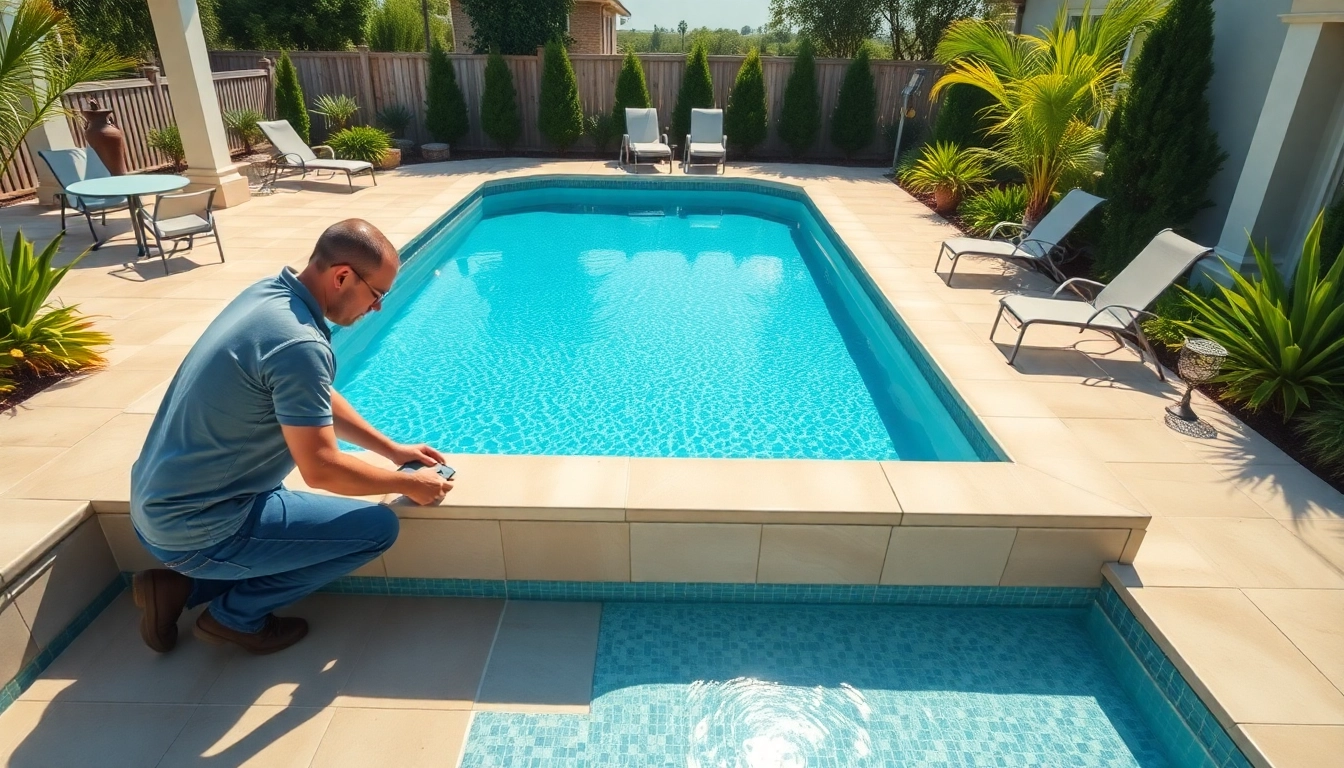

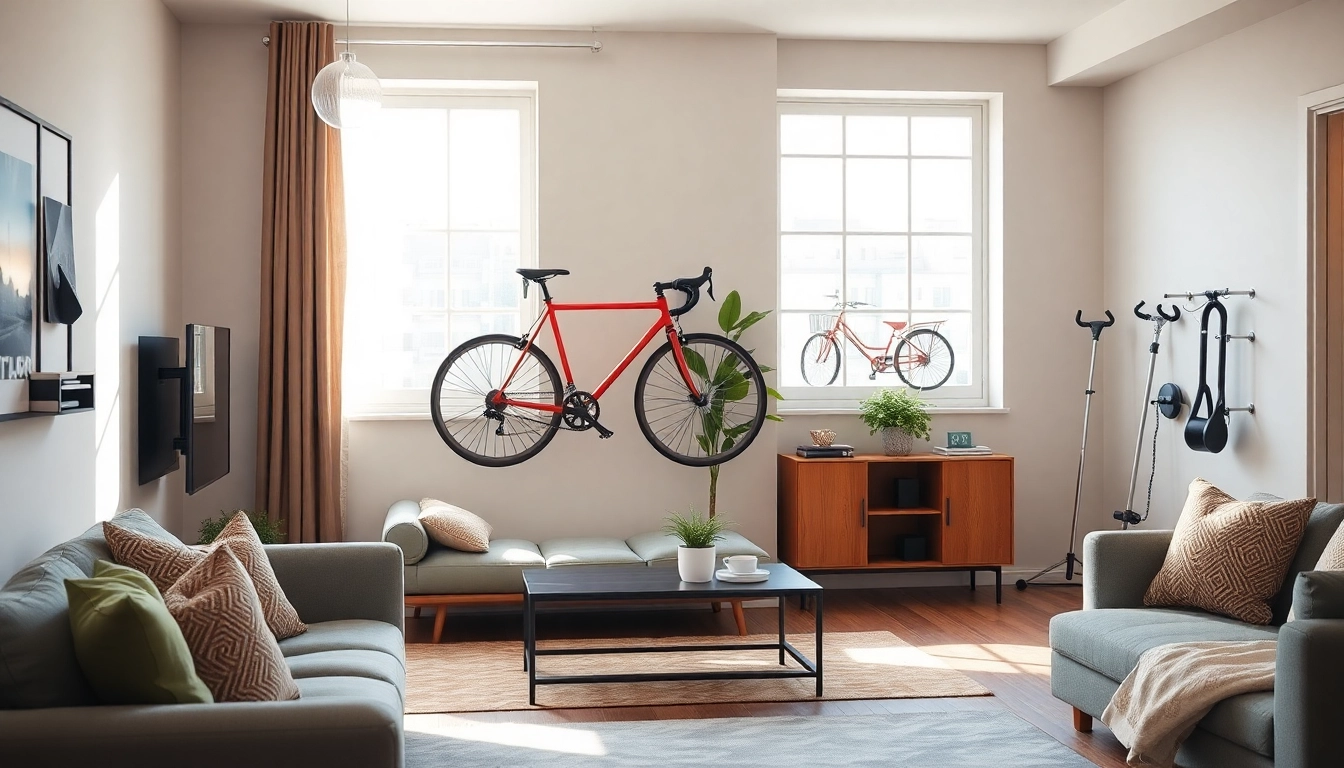

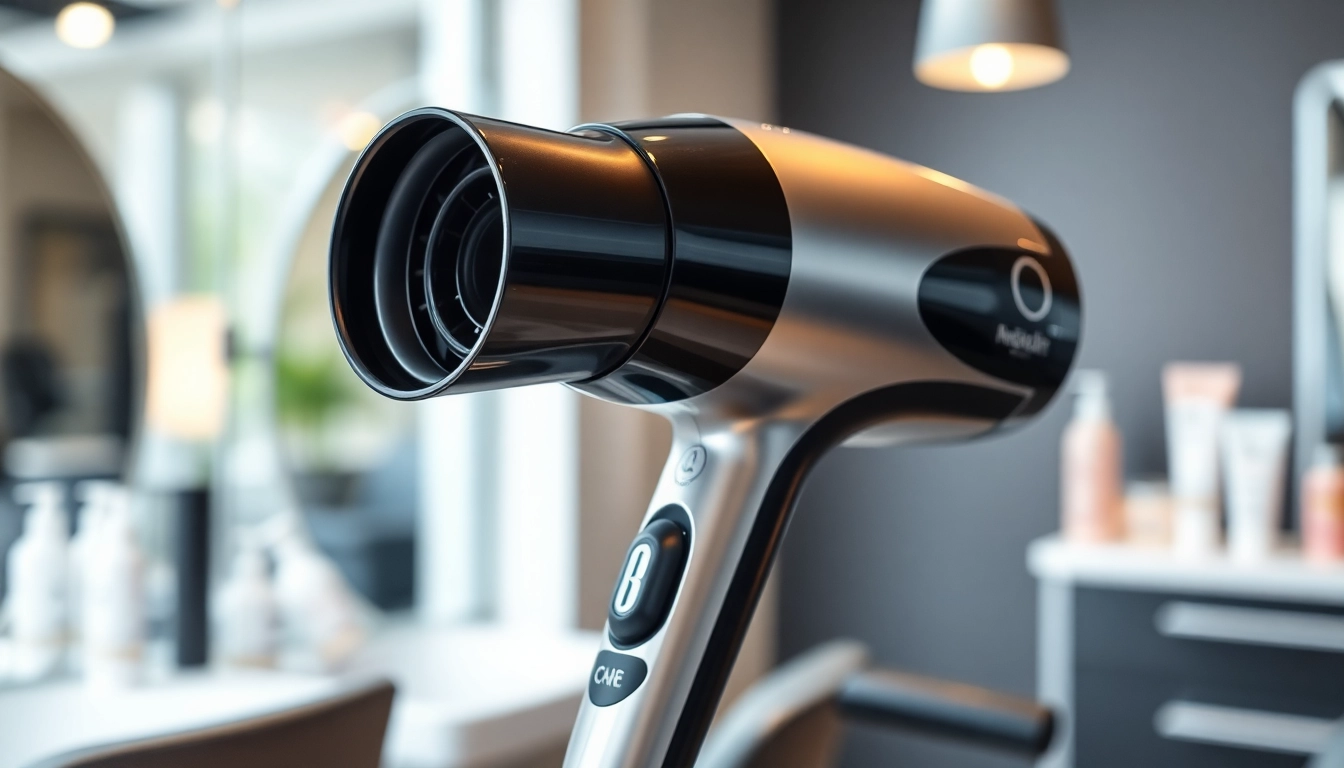
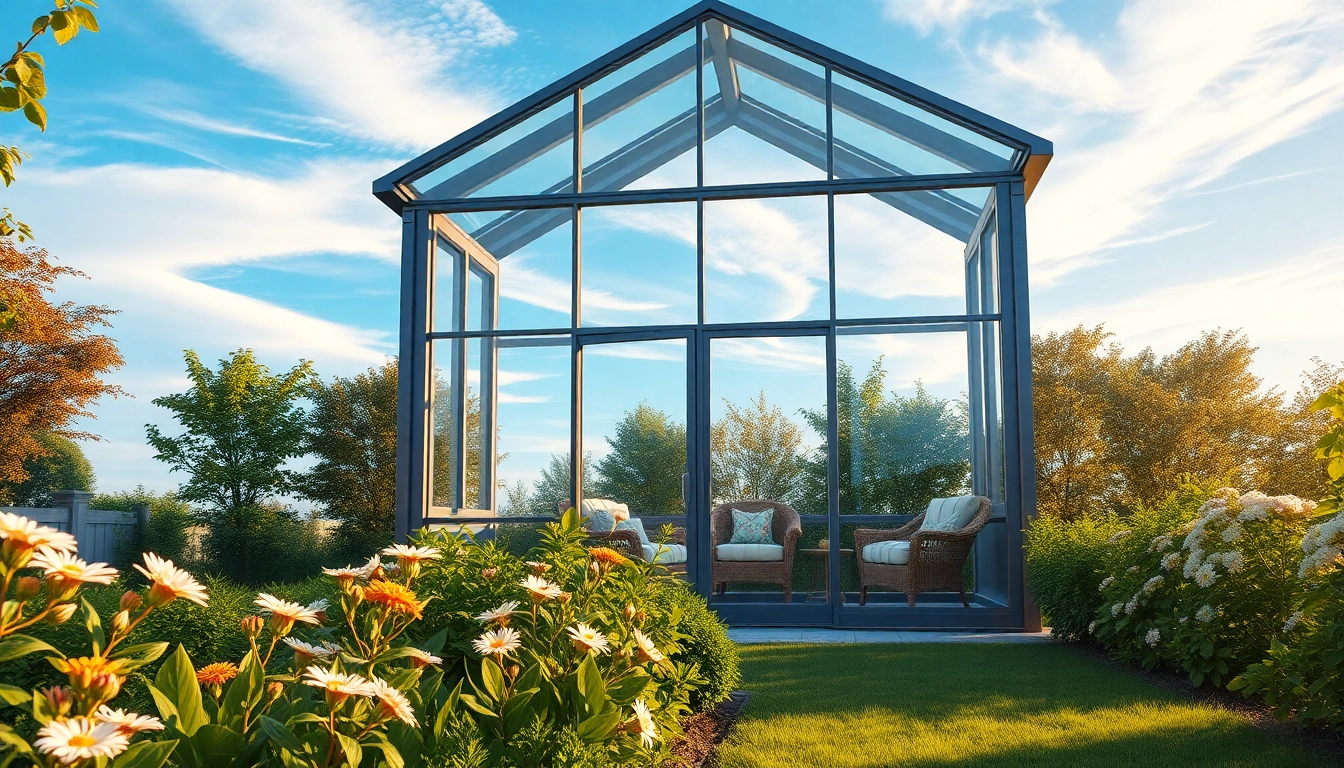
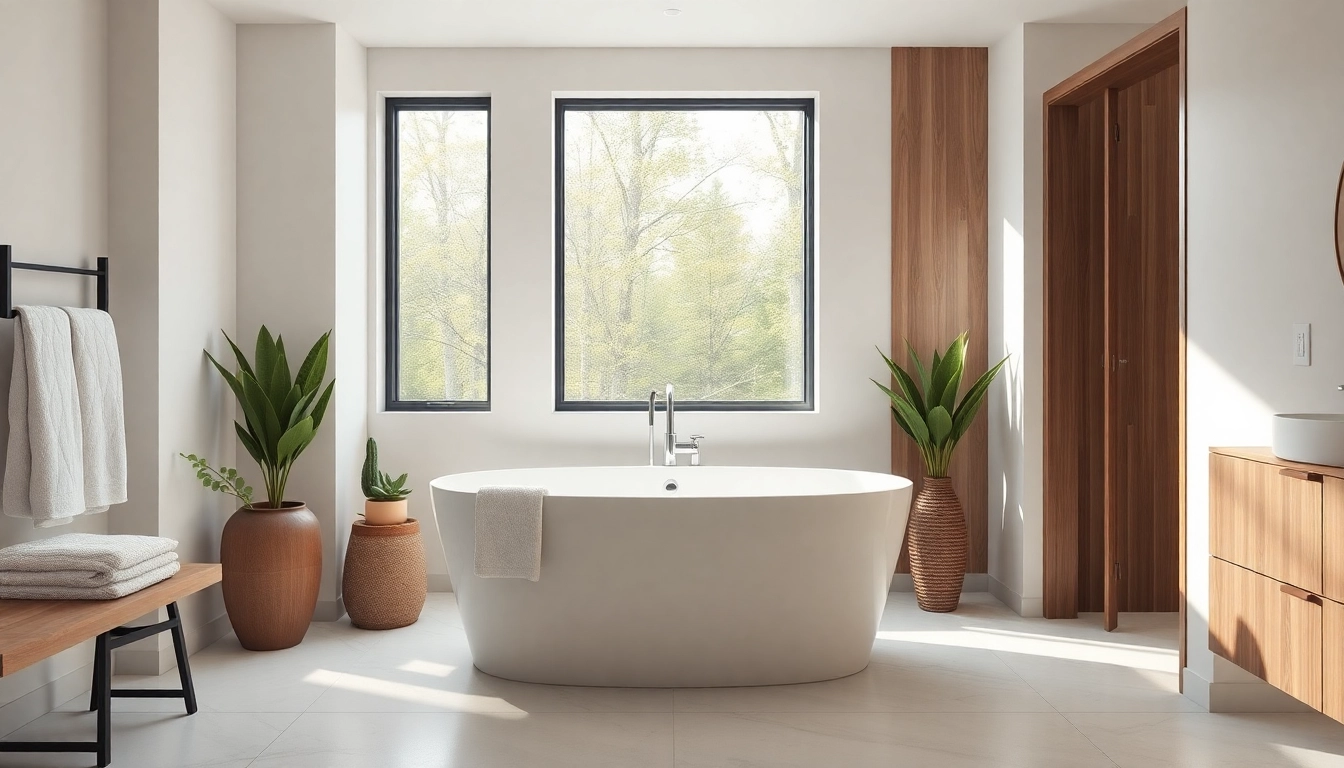
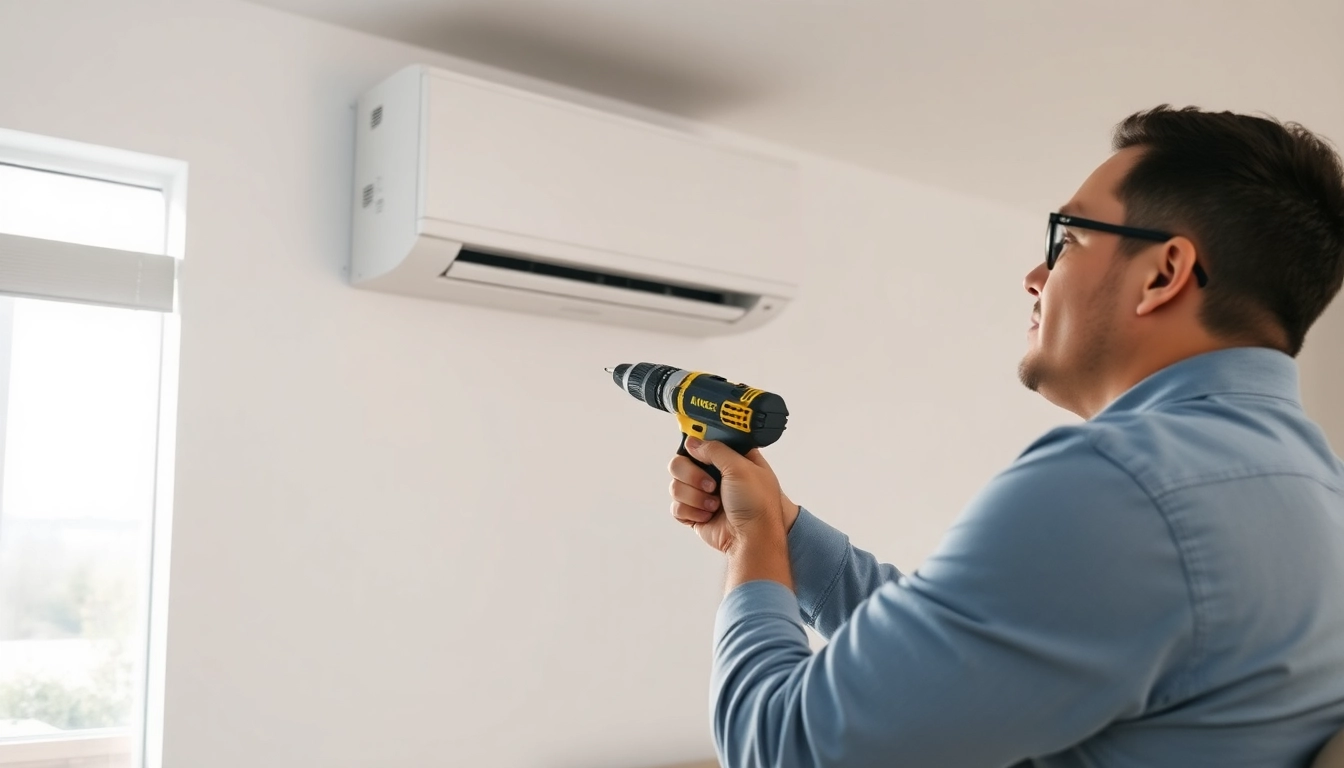
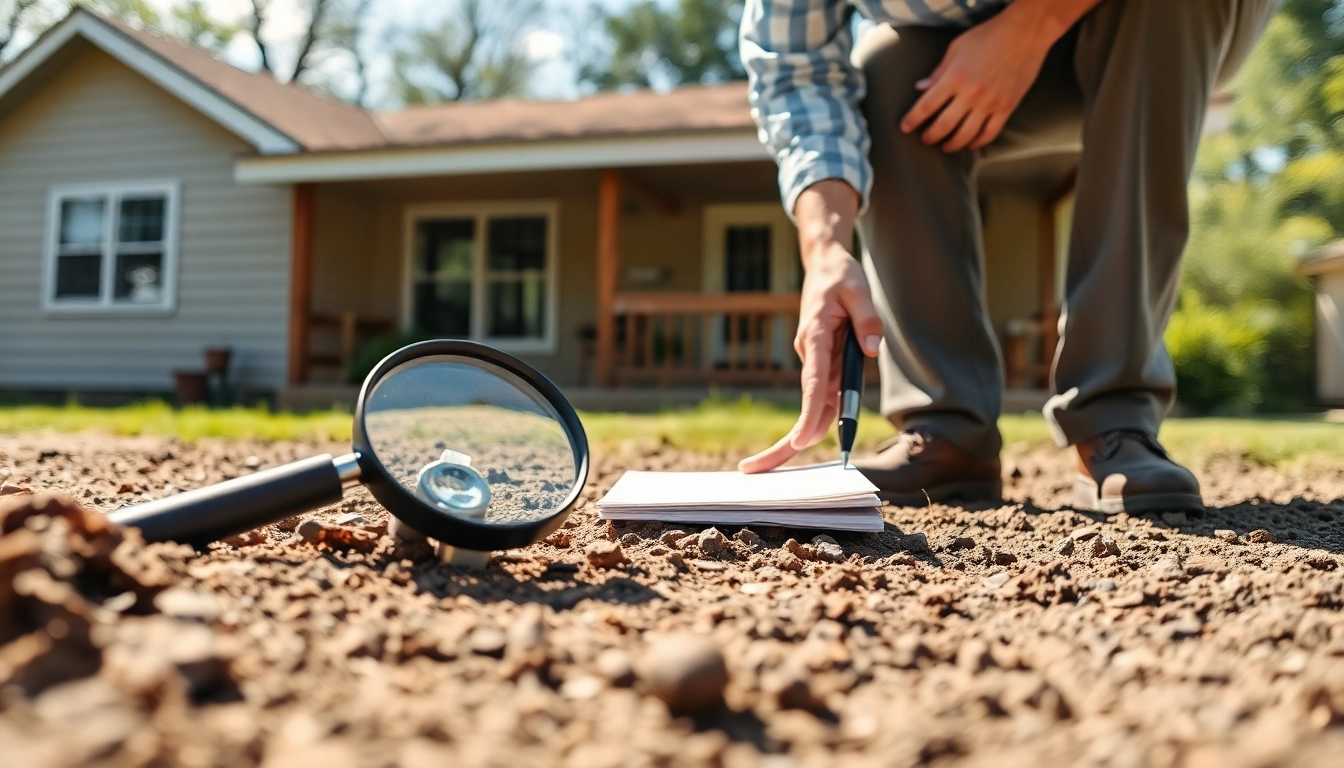
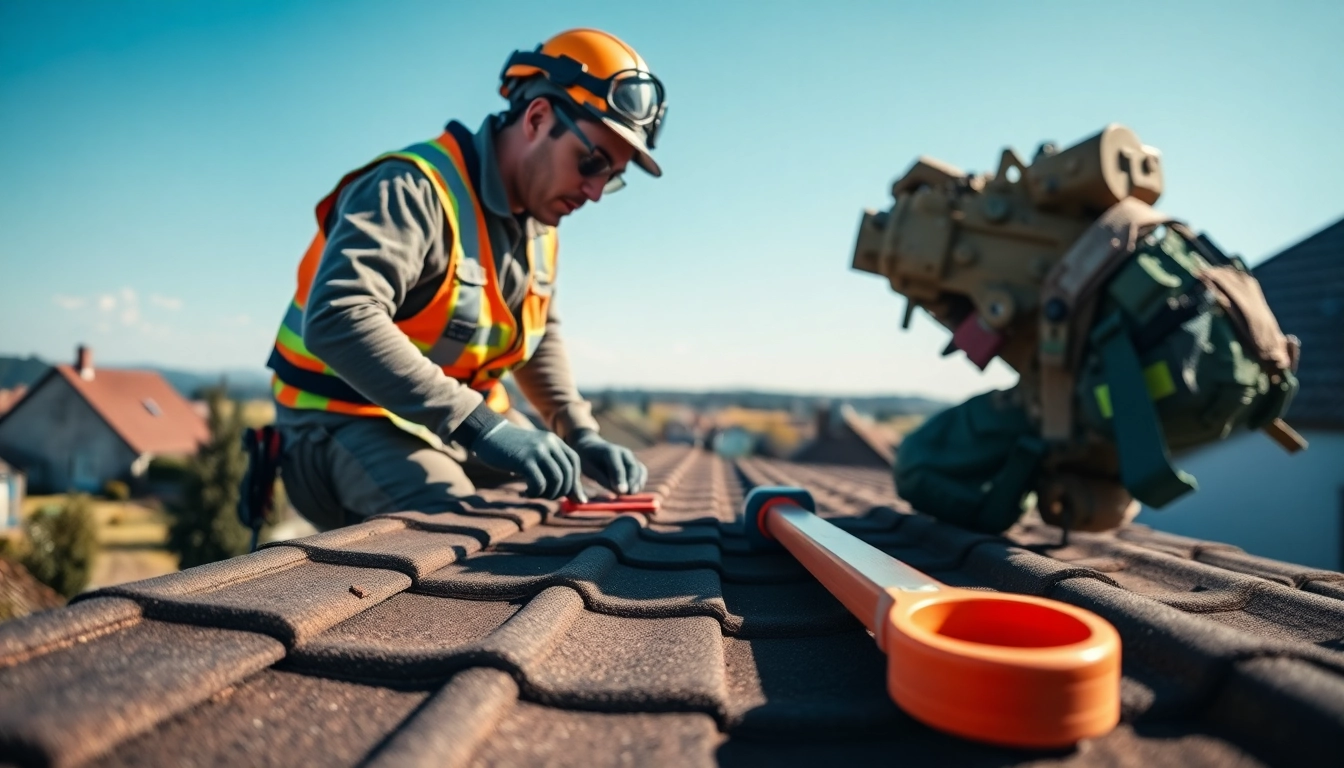
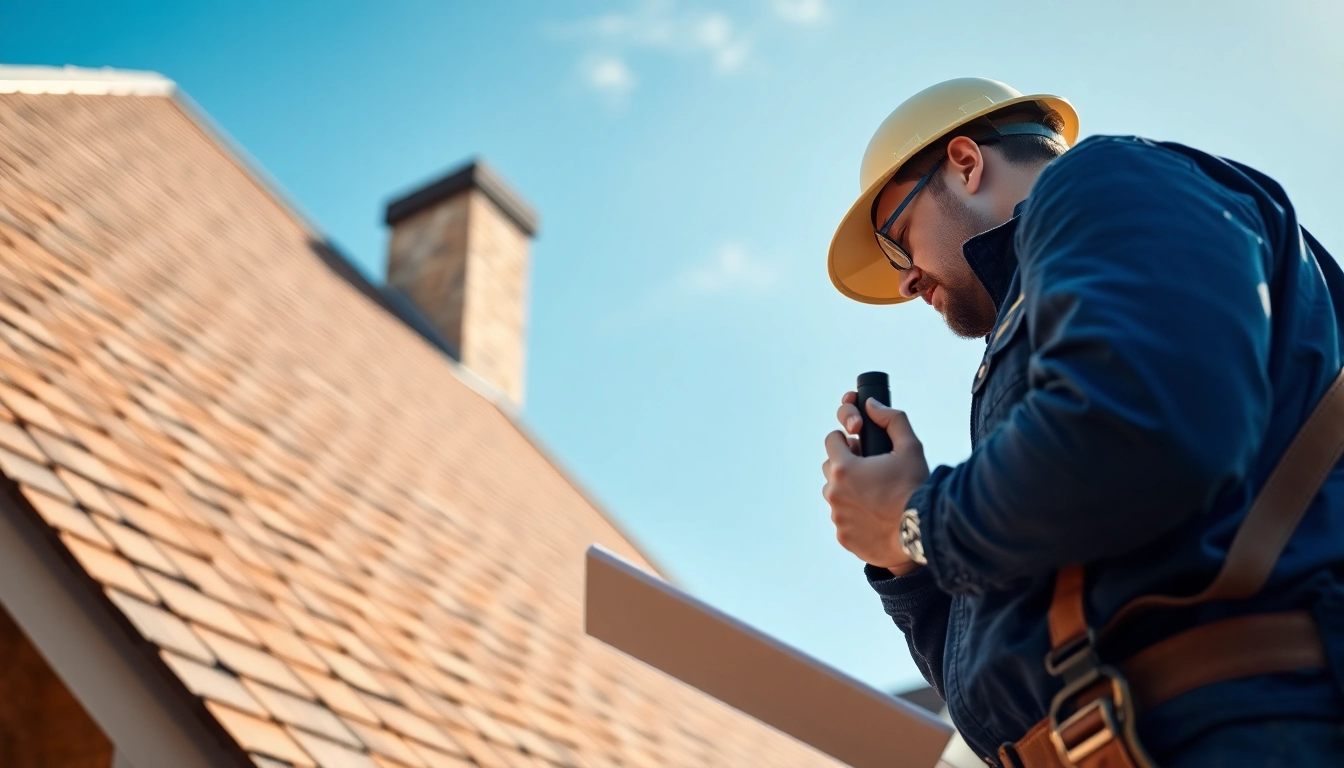




Leave a Reply